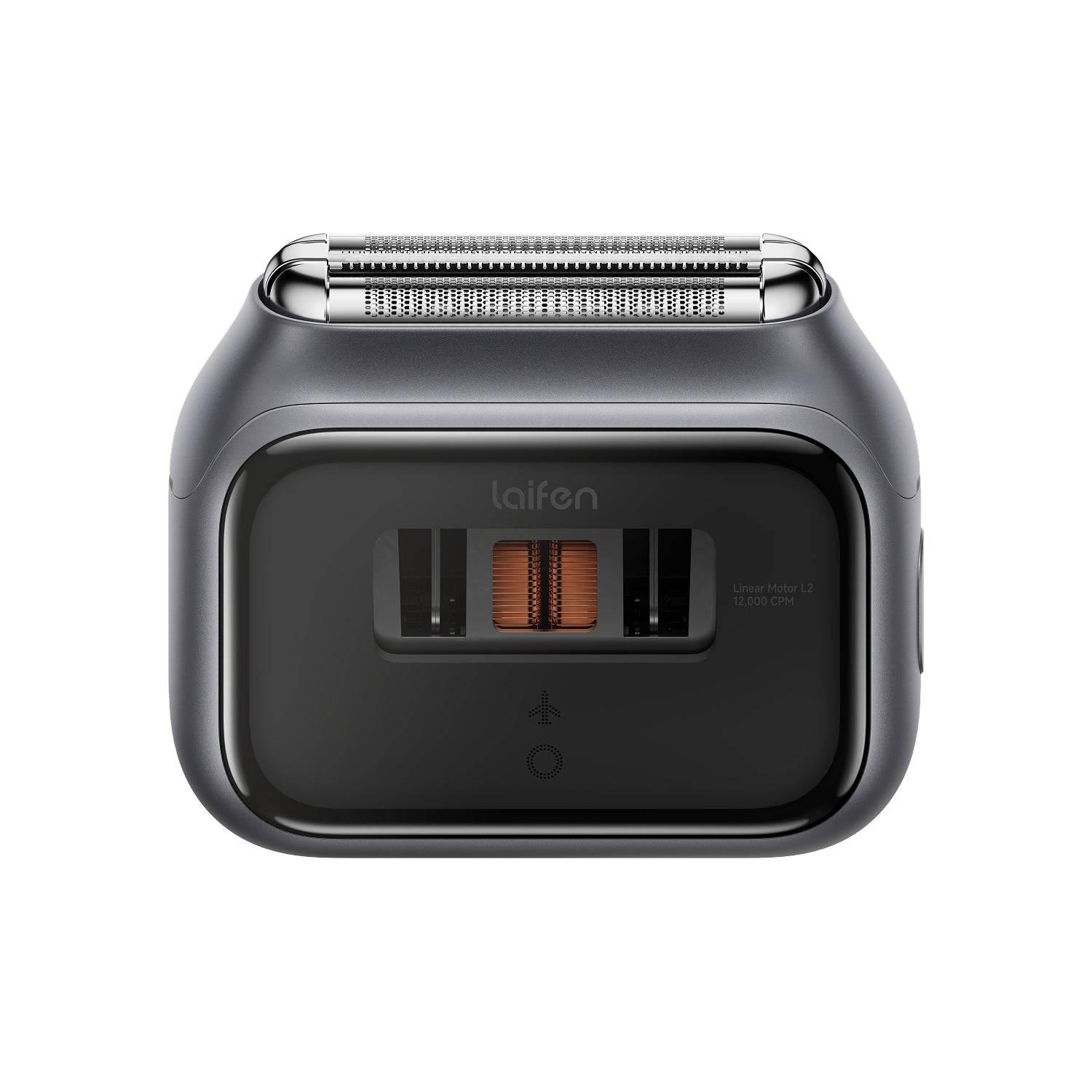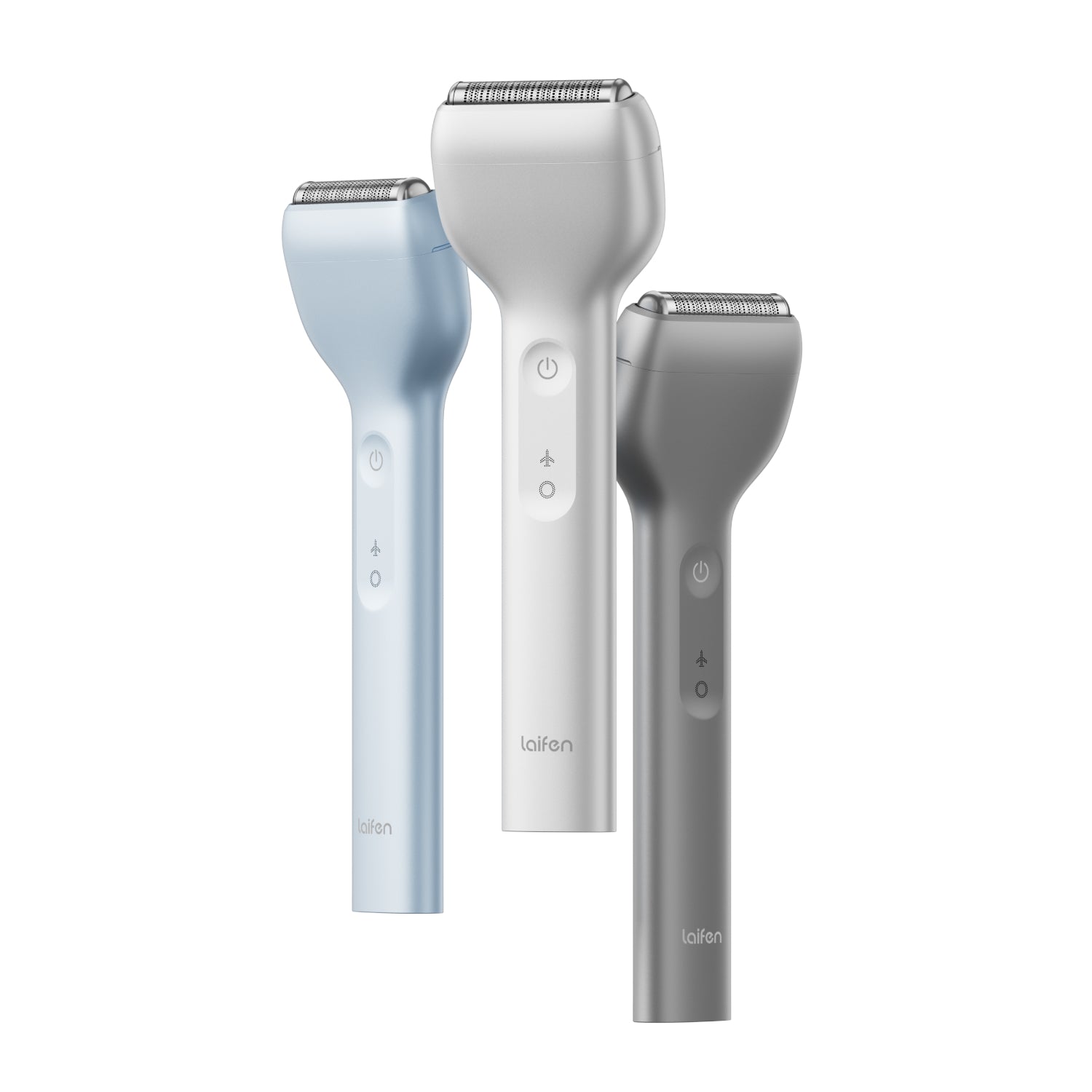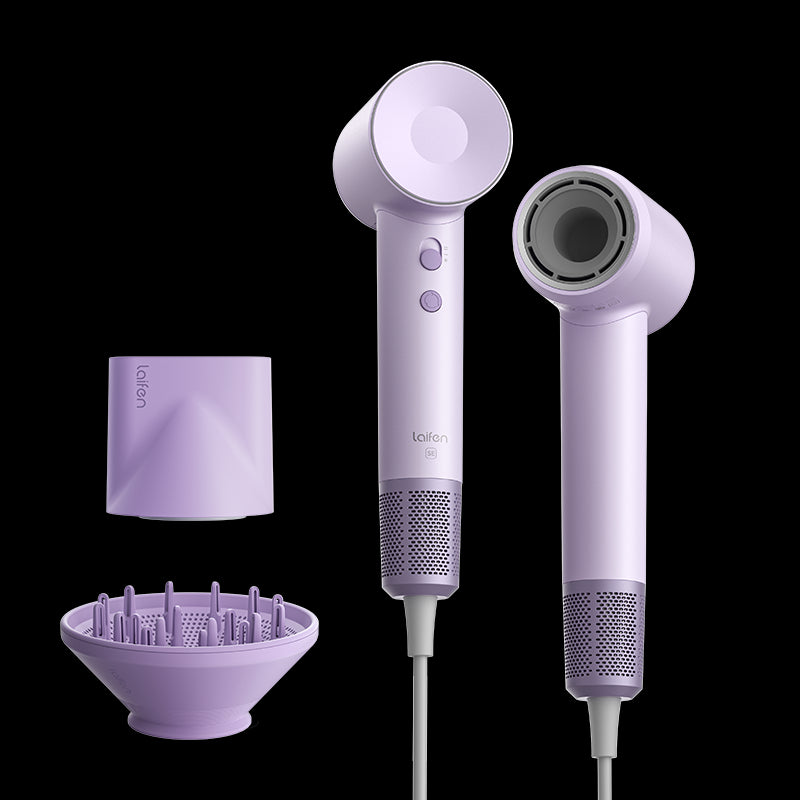
In this article
Cavities - also known as caries - are a big problem for everyone, regardless of age. They form when your teeth decay, and they're commonly caused by poor dental hygiene and a high-sugar diet.
Rampant dental caries occur when you have cavities on more than one tooth and can cause significant pain and discomfort. In this article, we explain the ins and outs of rampant cavities and run through your treatment and management options.
Rampant caries meaning - what are rampant caries?
Anyone of any age can get dental caries (cavities), which are formed by bacteria on your teeth attacking the enamel and resulting in decay. Cavities vary in size and depth and can affect you in numerous ways, increasing sensitivity, discomfort, and even pain.
But what about the rampant caries definition? Well, rampant caries is a significant issue where you have more than one cavity in your mouth at the same time. It's a term used by dentists to describe a situation where caries are present on ten or more teeth in the mouth, and it's a big problem.
In isolation, caries are easily treated with improved oral hygiene and a filling, usually performed by a dentist in an hour or less. However, in the case of rampant caries, so many teeth are affected, and it may not be plausible to fill all of them.
Prevention is definitely better than cure when it comes to managing rampant caries, so educating yourself about the best way to look after your teeth is crucial.
Causes of rampant caries
Rampant dental caries are primarily caused by poor oral hygiene. They can affect people of any age, ranging from toddlers to older adults. Specifically, the following can lead to more than one dental cavity:
-
Poor dental hygiene: People who don't brush their teeth, floss daily, and use antibacterial mouthwash are more likely to develop rampant dental caries.
-
Poor diet: Dental caries are also caused by a poor diet. If you eat and drink too much sugar, you're more at risk. This is because caries form when bacteria directly attacks your teeth.
-
Reduced salivary flow: According to a study, reduced salivary flow (a lack of saliva in the mouth) can also contribute to rampant caries.
-
Poor feeding habits (toddlers): Toddlers are a high-risk group for rampant caries, particularly those who are put to bed with a bottle. In this instance, milk can seep into the teeth and cause widespread caries, which is why it's important not to get your child off to sleep with a bottle.
Rampant caries symptoms
Rampant caries in adults and children can cause severe discomfort and issues with chewing and even speaking. If you have cavities on more than one tooth, you're likely to experience sensitivity when eating hot and cold foods. You will probably also struggle to eat hard foods due to issues with the biting surfaces of your teeth.
When you look in the mirror, you should be able to see caries that have formed on one or more of your teeth. The teeth might appear discolored, and if the caries have progressed to the latter stages of tooth decay, you might also notice swelling and redness on one or more of your teeth.
Management of rampant caries
If you notice dental cavities on one or more of your teeth, you need to improve your dental hygiene. Here are some simple steps that will help to improve the health of your teeth and prevent caries from forming in the future:
-
Visit your dentist: The first step is to visit your dentist. If you have caries on more than one tooth, you need your dentist to perform fillings or root canals where necessary.
-
Use an electric toothbrush: Research shows that electric toothbrushes are better at managing plaque than manual brushes. Switching to a high-performance electric toothbrush like the Laifen Wave is a great way to prevent caries from forming in the future. Brush 2-3 times per day, and get into the habit of brushing your teeth after every meal.
-
Floss daily: Caries can form between your teeth, as well as on the surface. Therefore, be sure to use dental floss at least once every day to remove any food debris and bacteria from between your teeth.
-
Use mouthwash: Using an antibacterial mouthwash can make a big difference to the health of your teeth and can prevent caries. Always use a mouthwash after brushing your teeth for the best results.
-
Limit your sugar intake: High-sugar diets are a significant cause of rampant caries. So, removing or reducing sugar is hugely important. We recommend getting into the habit of brushing your teeth after eating or drinking sugary items to prevent caries from forming.
Difference between early childhood caries and rampant caries
Early childhood caries and rampant caries are similar, but the latter can affect people of any age. Equally, rampant dental caries tend to affect more teeth than early childhood caries.
They are both significant and require treatment, so if you notice your child has caries on one or more of their teeth, consult a pediatric dentist for the best course of treatment.
The bottom line
Rampant dental caries pose a significant threat to your dental health. As a result, you need to act with urgency to prevent the caries from getting worse.
You should visit your dentist and ask them to perform a deep clean of your teeth. Your dentist will then treat the caries and recommend the best course of treatment to prevent them from developing again in the future.






























